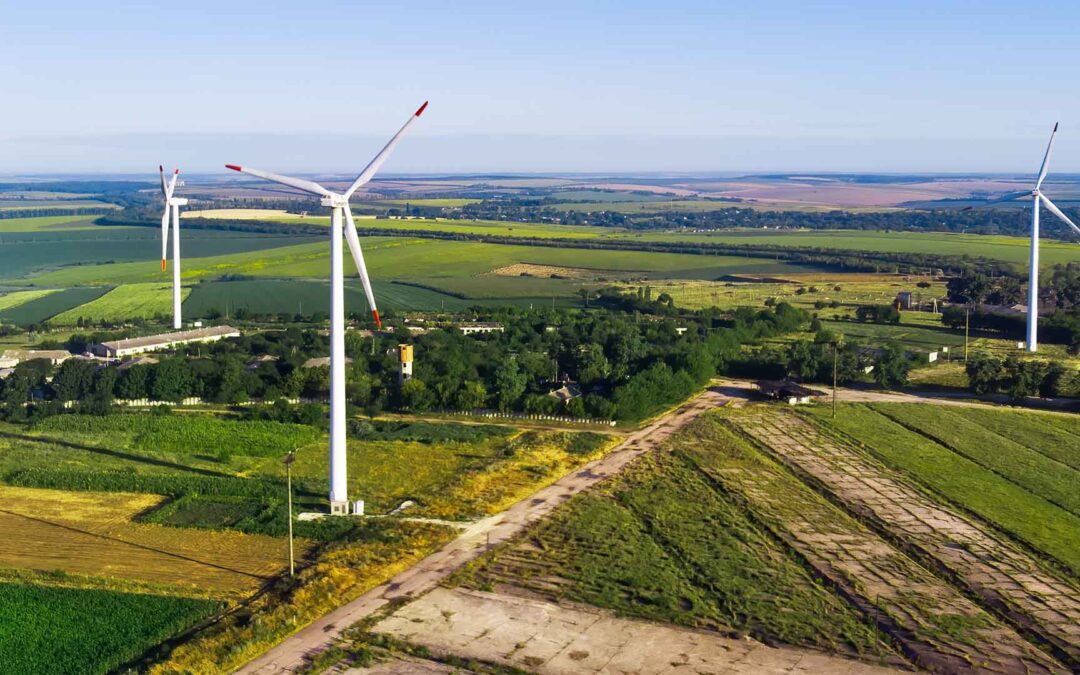In a recent revelation that places Galicia at the forefront of Spain’s renewable energy landscape, the region has been identified as having the highest density of wind turbines in the country. This finding, based on a Redeia report, underscores the significant role of wind energy in Spain’s electrical production and raises important considerations for environmental management and sustainability.
Wind Energy Landscape of Galicia
Galicia’s position as the leader in wind turbine density is a testament to its commitment to renewable energy. However, this distinction also demands “deep reflection”. Despite not installing new wind turbines in 2022, Galicia generates an impressive 138% of the energy it consumes, with the surplus being exported out of the region.
The Regional Context
Following Galicia, regions like Navarre, Aragon, Castile and Leon, and the Valencian Community are also significant contributors to Spain’s wind energy production. Particularly notable are the provinces of Lugo and A Coruña in Galicia, which, along with Burgos, Albacete, Navarre, and Soria, are among the top in wind intensity in Spain.
Environmental and Social Considerations
The findings of the report are not only a cause for celebration of Galicia’s achievements in renewable energy. They also bring to light the environmental and social challenges associated with the expansion of wind energy. Arco Iris has expressed its support for social movements opposing legislation proposed by the Galician government (Xunta de Galicia) to facilitate the installation of new wind parks through accelerated administrative procedures.
Total HSE’s Perspective on Sustainable Wind Energy
At Total HSE, we understand that the expansion of renewable energy, particularly wind power, must be balanced with environmental protection and social responsibility. Our commitment to excellence in Health, Safety, and Environment (HSE) aligns with the need for sustainable development in the renewable energy sector.
Key Points for Sustainable Development of Wind Energy:
- Environmental Impact Assessments: Comprehensive evaluations to understand and mitigate the ecological impacts of wind parks.
- Community Participation: Involving local communities in decision-making processes to ensure their concerns are addressed.
- Sustainable Practices: Implementing best practices in the construction and operation of wind parks to minimize environmental footprints.
- Policy Advocacy: Supporting policies that balance the growth of renewable energy with environmental and social considerations.
Conclusion
Galicia’s leading position in wind turbine density is a significant milestone in the adaptation to renewable energies in Spain. However, it also highlights the need for a balanced approach that considers environmental impacts and community concerns.
